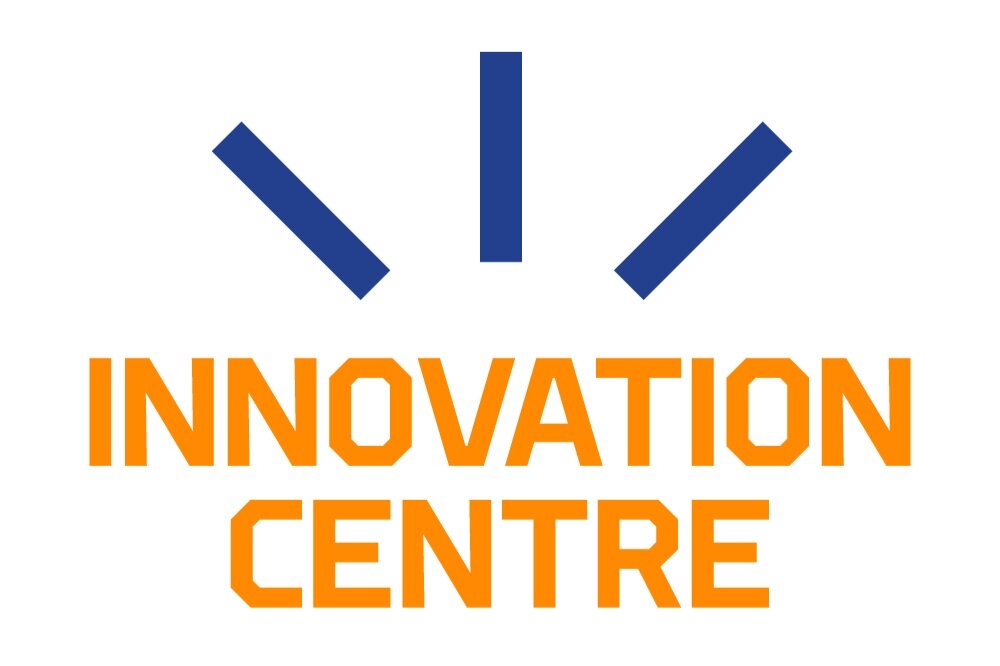Business cooperation in research
Written by Jouko Uusitalo
The University of Oulu, and in particular its technical faculties, has a long tradition of research collaboration with businesses. This cooperation is largely based on personal relationships built between researchers and businesses’ experts, and it has led to a number of long-term partnerships with major companies in the area. The role of supplementary funding in business cooperation is set to grow as a source of funding at universities.
The University of Oulu is also aiming to make its business cooperation more systematic, and broaden the existing cooperation with the faculties and research units on which it currently focuses to others. Expanding business cooperation means that the impact of the university’s operations will also increase. More and more businesses will see their needs being met through research, thus increasing the expertise and competitiveness of businesses.
Several models are used for the funding of business cooperation. Commissioned research paid for in its entirety by the company works well for acute needs or problem-solving situations, where a fairly limited topic is focused on in a relatively short-term research project. The results of commissioned research are transferred in their entirety to the company that commissioned the work. Co-funded research collaboration involves longer-term commissioned research on a topic that is strategically important to a company, and it also leads to research publications, dissertations, and other theses and inventions. Publication and use of inventions are agreed in the cooperation agreement. For publicly funded business cooperation, the funder is usually Business Finland, whose model agreements are used as a basis for the cooperation. The most commonly used form of publicly funded project is a Co-Innovation project, in which in addition to the university’s research project, the business involved also has its own development project. All parties can receive funding from Business Finland, with the overall entity bound together by a shared research plan.
Jointly with Oulu University of Applied Sciences, the University of Oulu founded the University Innovation Centre in early 2019, one of the purposes of which is to coordinate and promote business cooperation at both universities. In addition to this, in June 2020, the university approved the Operational Model for Business Cooperation, which is used to guide the development of research-related business cooperation and adapt internal processes related to cooperation to flexibly meet companies’ needs.
Several concrete measures have already been achieved. Details of the services the universities offer companies and other stakeholders can be found on dedicated pages on their websites (oulu.fi/en/cooperation and oamk.fi/en/partnership), both universities have adopted the same customer relationship management (CRM) system, the current state of business cooperation has been surveyed more thoroughly than previously, and systematic contact with businesses has been launched at the University Innovation Centre. Furthermore, customer account management operations have been started at the university, in which designated part-time account managers look after the university’s key business and other partnerships, with the objective of expanding the customer base within both the university and the university consortium. The role of the individuals serving as account managers at each of the eight faculties is to bring together new customer needs and research, and vice versa – without forgetting training and education.
Business cooperation also brings its share of challenges, which are primarily related to the different operating environments, rhythms and timetables for objectives in businesses and universities. Researchers engaging in cooperation should get to know their partners and their operations in greater depth, and even visit the companies at their premises. Strategic and tactical cooperation with businesses and stakeholder takes time away from basic research and education tasks. In an ideal world, business cooperation would promote the scientific interests of individual researchers and research groups, making it easier to find time for even the more pressing needs companies have. Confidentiality and other contractual needs concerning cooperation have already been taken into account to speed up the agreement process.
Communications, both internal and external, are a challenge we face. In the university’s internal communications, the University Innovation Centre’s education, training and info events, and the operations of faculties’ account managers play a significant role in promoting business cooperation. Not all disciplines are necessarily familiar with business cooperation, although it offers good opportunities across the board, from education and training to research. Increasing cooperation also creates new kinds of cooperation needs, especially at the interfaces between disciplines and industries. In external communications, the university is expected to be proactive, communicating the opportunities and successes, and providing a one-stop shop where all business needs are taken care of quickly, no matter how small. Unfortunately, in a large and multifaceted university organisation, universal service expertise is impossible to realise, but guiding interested parties in the right direction is starting to grow more streamlined thanks to the aforementioned provision pages. We also hope that businesses will be proactive and bold in approaching the University Innovation Centre directly concerning their research needs, for example, by email: innovaatiokeskus@oulu.fi. If you have any questions, we would be delighted to answer them!
Jouko Uusitalo
Head of University Innovation Centre
+358 50 476 9717, jouko.uusitalo@oulu.fi



